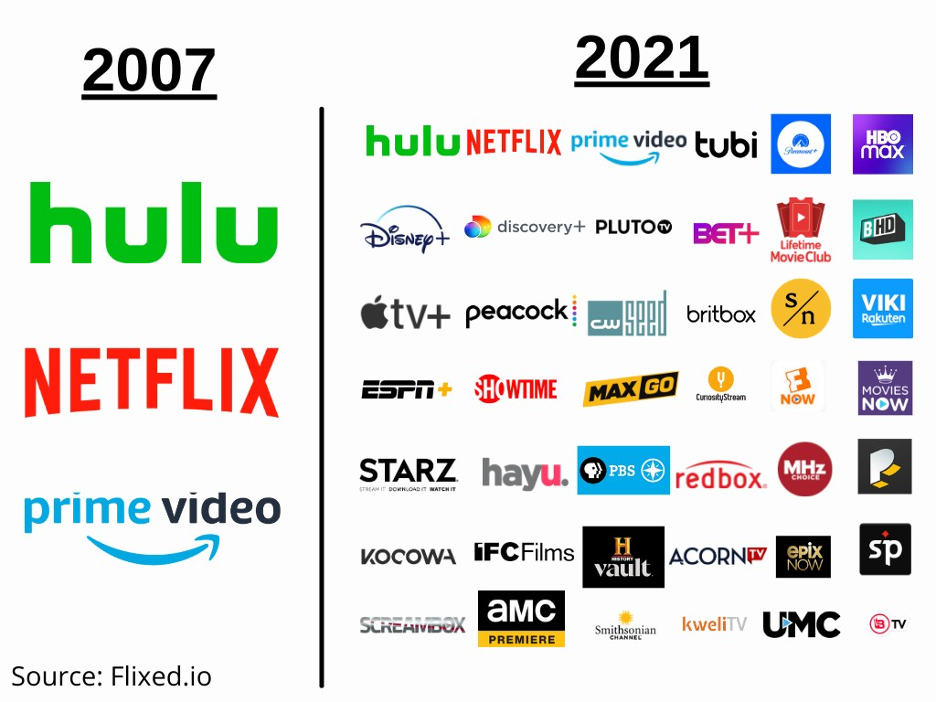Ryan Faughnder queries in the LA Times: “Is streaming the only hope for independent film?”

As the 2022 Sundance Film Festival goes virtual for a second year, Ryan reports:
“Film financier Jason Cloth, the Toronto-based chief executive of Creative Wealth Media, which works closely with Canadian production company Bron Studios, is now convinced that making small indie dramas for movie theaters is a sucker’s game:”
“I don’t think producers can look at these films as being theatrically released. Going forward, you’re going to have to look at these films as being produced for the streaming market. That’s the only market for them. I need to understand what everyone’s thinking in terms of exit before I’m comfortable putting up money. And now, I’m not all that comfortable seeing independent film pitched to me with a theatrical exit, and I’m quite vocal to people, telling them, ‘I think you’re delusional.’ And then they pull out films from three, four years ago, and say ‘Look at how they did.’ I’m like, ‘That was three, four years ago. This is a new world.’”
The pandemic is to blame for the art house audience abandoning theatres. The Quorum, Cultique, Fanthropology reveal in their report Exhibition At A Crossroads that viewers over 35 are the most reluctant to return, especially women.
My take: the other reasons, of course, are the rise of streaming, brought about by the digital evolution, and the corresponding splintering of audiences from one mass into many niches.





